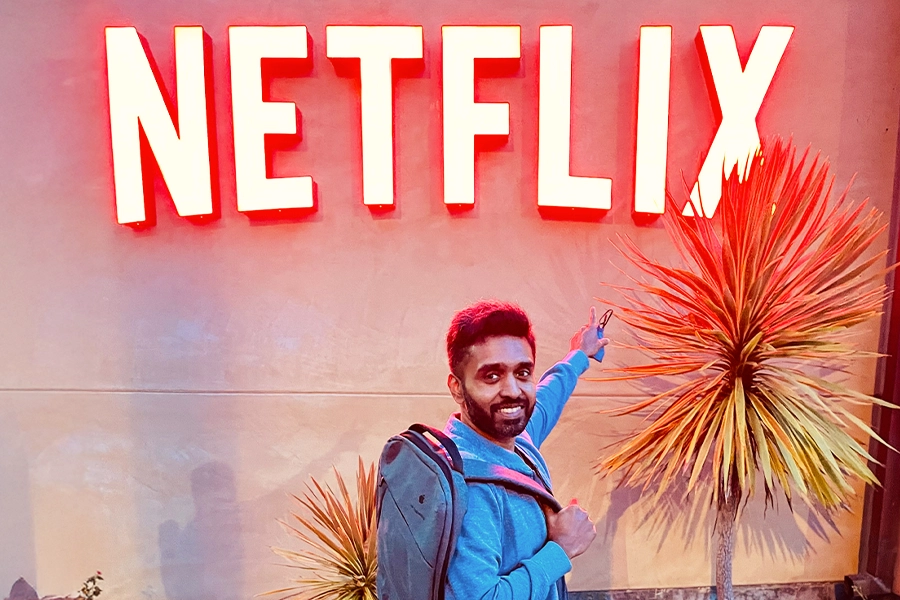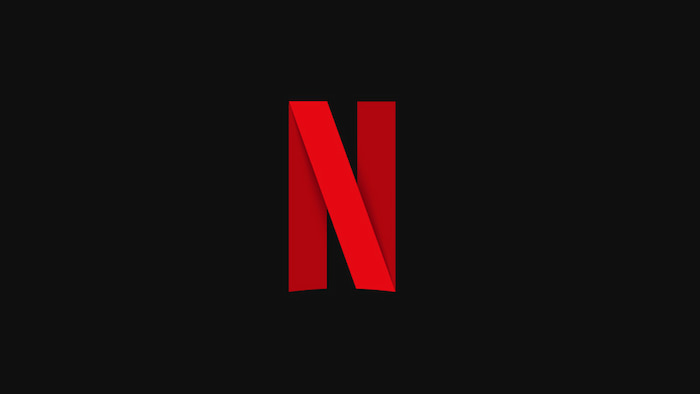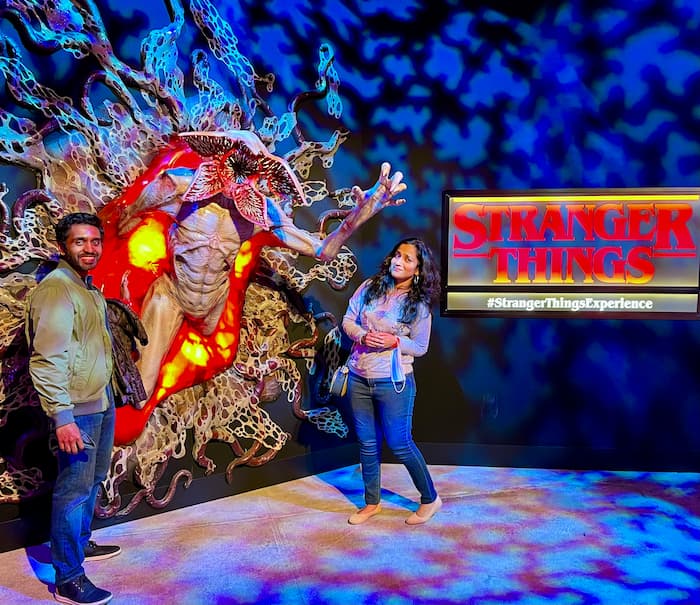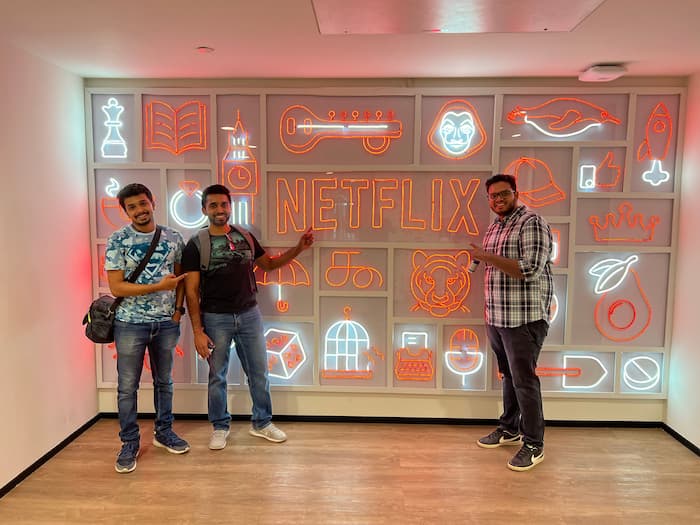
Network Connections
Engineering alumnus Anish Menon builds relationships and adapts to different roles
By Tricia Miller Klapheke
When Anish Menon was finishing his master's degree in electrical and computer engineering at Carnegie Mellon in 2011, the economy was rebuilding after a recession. He attended a career fair, and a university publication ran a quote from his reaction to the fair: "free stuff, no interviews."
But since then, Anish has found he has two strengths for building a career: his growing professional network and his ability to adapt in different roles. After stints at Qualcomm and Apple, he landed at Netflix in 2022. As a senior security software engineer, he assesses new features for security risks and works across teams to optimize solutions.
Netflix has proven to be a cool place to work — in addition to getting early access to shows and movies (he's a fan of “Stranger Things”), Anish has enjoyed getting to collaborate with coworkers who have complementary skills and experiment with things on which he is not necessarily an expert.
"Each team and individual is given an opportunity to seek problem spaces that could benefit Netflix beyond the expected project scopes. That's the fun part about Netflix because it allows you to think versus everywhere else is very clear cut on, this is the project, this is the goal," he says.
"I think the biggest thing that CMU teaches you is the ability to learn as you need to, because a lot of the courses that I did, even machine learning and stuff like that, I had no prior background in. A lot of those courses have added value by showing me how I can learn on the job, and that's what I've been doing on this AI stuff as well, because I don't have a background for it necessarily."
Adapting to Different Roles
Anish didn't start out looking to work in security; in fact, he took no security-related courses at CMU. At Apple, he began as a software developer and added responsibilities for protecting Apple's proprietary content, devices and user identities. His work meant that users could watch Apple TV on non-Apple devices.
And because he had also learned about chips while he was working at Qualcomm, he had solid end-to-end system knowledge by the time he got to Netflix and he felt confident doing system design and security assessments.
One of his first assignments at Netflix was related to password sharing, protecting Netflix's proprietary content and preventing hackers from tapping into Netflix's back end. He has also guarded Netflix Preview Club, an invite-only feature that asks users to give feedback on forthcoming shows and movies.
But the thing he's working on that could leave a legacy is generative artificial intelligence. As Netflix rolls out new products, it can be tough for security engineers to keep up, he explains, so he is looking for routine and repetitive steps at the beginning of the process that an AI assistant could streamline. It's another way his ability to adapt has come in handy.
"I think the biggest thing that CMU teaches you is the ability to learn as you need to, because a lot of the courses that I did, even machine learning and stuff like that, I had no prior background in," he says. "A lot of those courses have added value by showing me how I can learn on the job, and that's what I've been doing on this AI stuff as well, because I don't have a background for it necessarily."
"In your 20s there's this sort of hesitation to reach out to people, so I've actually been voluntarily reaching out to new grads at Netflix and telling them, 'If you have questions or just have anything you need to ask me, feel free to reach out.'"
Building a Professional Network
Anish has made networking a priority, and it’s paid off. He got his jobs at Apple and Netflix after someone reached out to him about them on LinkedIn. At Netflix he initially went all the way to the final round of interviews for a job on a different team. Despite not receiving that role, his strong interview feedback led him to interview at another team through the same recruiter, and he was unaware he had an added advantage of his network. His past colleague was a close ally of his then-Netflix manager, who gave a very strong recommendation of his work.
Netflix is also unusual in that it encourages employees to build connections with experienced professionals outside the company. Anish has been able to attend conferences, have conversations and exchange ideas with outsiders, thanks to Netflix's support.
Having a large network has also been an asset internally at Netflix, where engineers are encouraged to work across teams.
"Your network and influence matters a lot in the projects that are conceived by individuals; it leads to that next out-of-the-box opportunity,'" he says.
Anish pays those advantages forward. He has volunteered as a judge at Stanford University's Treehack Hackathon and the Global Recognition Awards, and this year he will start as a mentor through the Institute for Electrical and Electronics Engineers. He freely offers advice to folks who reach out on LinkedIn and younger coworkers who may be in a spot similar to the one he was in at that career fair during grad school and in the first few years of his career.
"In your 20s there's this sort of hesitation to reach out to people, so I've actually been voluntarily reaching out to new grads at Netflix and telling them, 'If you have questions or just have anything you need to ask me, feel free to reach out,'" he says.


